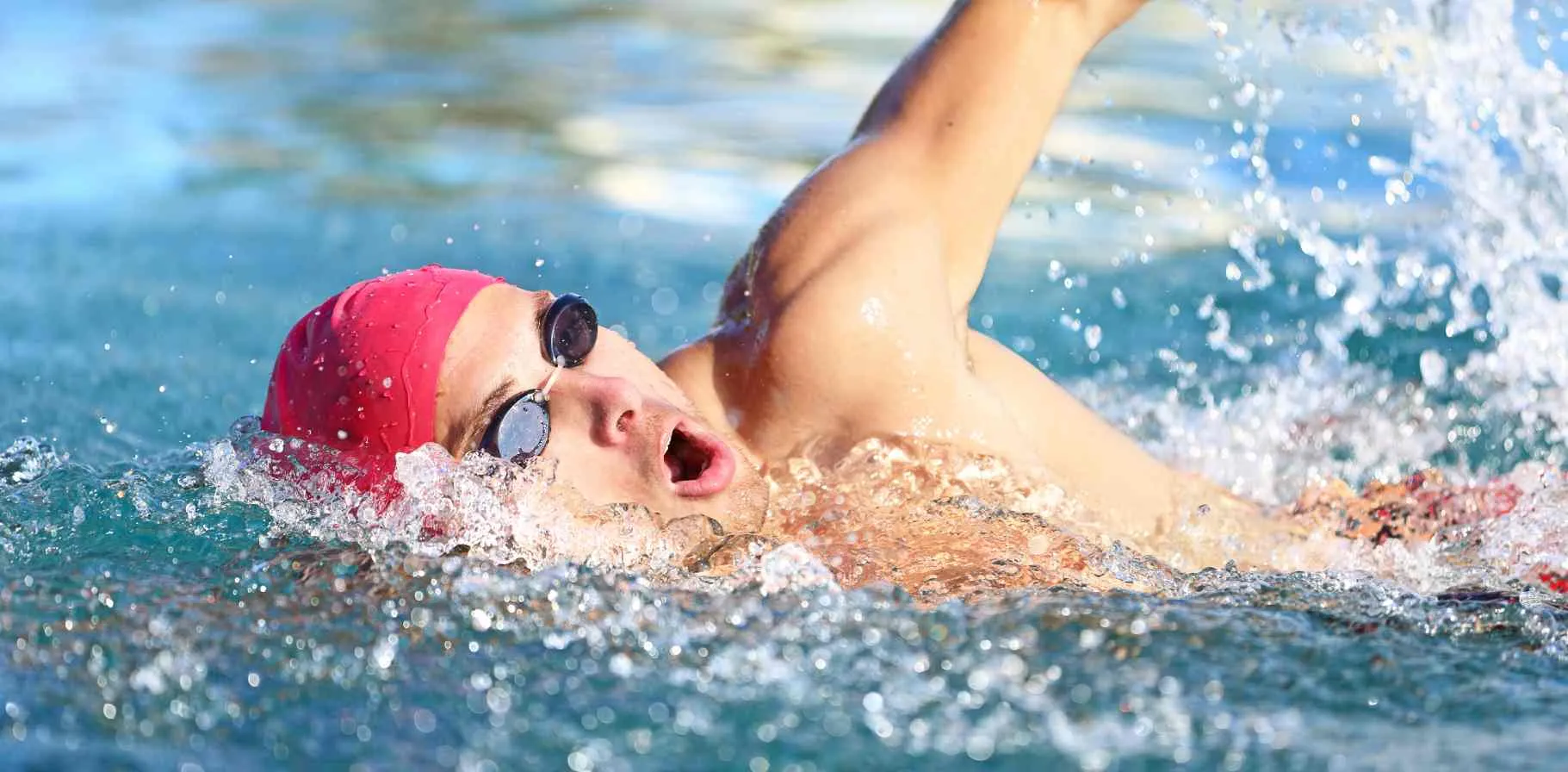_1.jpg?branch=web_prod)
Enjoy Your Sport – a Quick Guide to Hearing Assistance at Major Events

Enjoy Your Sport – a Quick Guide to Hearing Assistance at Major Events
3-4 mins
Publication Date: 27 February 2024
Few things are more fun than a day at the races, an afternoon at the footy or an evening at the tennis. Yet with sustained noise levels and high peaks, few things are potentially more damaging to your ears.
With hearing loss being the most common form of adult disability¹, knowing how to protect your ears is essential. Here, we look at the risks and how to mitigate them without reducing your enjoyment.
How loud is too loud?
We commonly measure sound pressure level (SPL) using decibels (dB). Every 10 dB represents a doubling of SPL. Common noises and their typical sound levels include:
- 30 dB: whispered conversation
- 60 dB: normal conversation
- 90 dB: lawn mower
- 120 dB: jackhammer
- 140 dB: jet engine (at 30m)2
Anything over 80 dB is potentially harmful, especially if sustained, while anything over 130 dB can be painful. A good rule of thumb is that if you have to raise your voice to be heard by someone a metre away from you, the noise level is too high.
So, how loud are sporting events? Sustained 80 dB SPLs are common, peaking as high as 130 dB depending on the venue, its capacity and how excited the crowd gets.3 That’s pretty loud.
Protect your ears at sporting events
What’s a sports fan to do? Sensible precautions include wearing earplugs, earmuffs or noise-cancelling headphones.3 If you wear hearing aids, consult the manual (or your Hearing Care Professional) to see if they should be switched off or adjusted.
If you’re wearing protective gear, ensure it’s fitted correctly - earplugs are seated firmly in your ears, and earmuffs or headphones sit on the sides of your head, not on your ears.
Finally, take precautions such as not sitting close to public address systems and periodically taking breaks away from the noise. And if you have to shout in someone’s ear to have a conversation with them, don’t. Wait until things quieten down, or go somewhere less noisy to talk.
Hearing assistance at venues
An increasing number of sports venues offer assistance if you have hearing loss.4 This assistance may include visual as well as audio signals, such as:
- Alarms in case of emergencies
- Hearing loops
- Captioning on video screens
- Sign language interpreters
What matters is that you can still enjoy live sporting events regardless of any hearing loss. Being aware of sound’s potential for harm and taking simple, sensible steps to avoid it will keep you in the game. Check in with your GP or book an appointment at your local Connect Hearing clinic for advice on how to protect your hearing on game day.
References:
Deafness Forum Australia (n.d.) Causes, impacts, prevention, identification, management, Deafness Forum Australia, accessed 20 February 2024.
Safe Work Australia (n.d.) NSWM 2022 - Noise hazards, Safe Work Australia, accessed 20 February 2024.
Audiology Central (n.d.) Protect Your Ears at Your Favorite Sporting Events, Audiology Central, accessed 20 February 2024.
Suncorp Stadium (n.d.) Hearing Assistance and Auslan, Suncorp Stadium, accessed 20 February 2024.
Author
Connect Hearing
Latest articles
- When Ringing in the Ears Affects Relationships and How to Talk About It
- A Summer Well Spent? What You Might Notice About Your Hearing After Busy Months
- Ringing in Your Ears After Summer? What Tinnitus Can Feel Like and When to Pay Attention
- Watching the Australian Open? How to Enjoy Big Sporting Events Comfortably
.png?branch=web_prod)
_1.jpg?branch=web_prod)
_1.jpg?branch=web_prod)
.png?branch=web_prod)